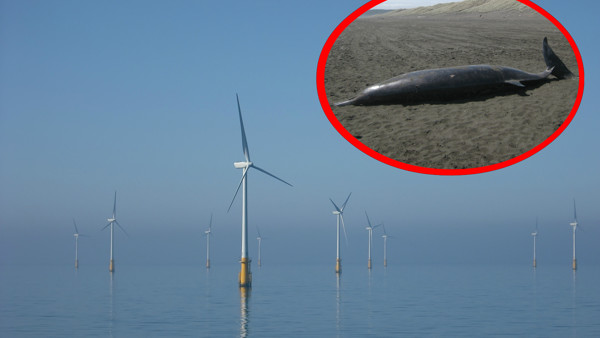9 Times The Media Tried To Scare Us With Bad Science
The stupid. It burns.

It is generally accepted that you shouldn't believe everything you read in the papers. Lately, however, it would seem that it's probably a better idea not to believe anything you read in the papers.
The media's penchant for whipping the public up into a frenzy about just about anything has led to some seriously bad science reporting. Not satisfied with fabricating celebrity relationship problems, the media will regularly run a story that is, at best, purposefully misleading and, at worst, completely made up.
The usual tactic is to figure out what the current general paranoia is, find a research paper that is even remotely related and pluck one piece of information out of it that will fit with a particularly gruesome headline. Either that or just make it up.
They are mostly relying on the fact that the majority of people are not hardcore scientists and, what's more, probably enjoy getting worked up about the latest blunder by those clever people in white coats. The prevailing attitude of "if I don't understand it then it's bad" plays perfectly into this, creating a vicious circle: The public are worried, the journalists take advantage of this, making the public even more worried and so on.
Who cares if none of it is even remotely true? Facts don't sell papers.
9. Whales Beach Themselves Because Of Wind Farms

Ooh, people love to hate wind farms. For some reason, the idea of clean, renewable energy gets some people so irrationally scared and angry that they will look for any reason to lash out.
Sure, wind farms are still in their relatively early stages of development and are by no means perfect. But this, if anything, is an argument as to why we should be putting more effort into improving them, rather than scrapping them and falling back on dirty, unsustainable, polluting fossil fuels.
Anyway, one excellent example of misinformed wind farm scaremongering was published in the Telegraph a couple of years ago. The headline gleefully exclaimed that wind farms were responsible for the beaching of whales (oh no, not the whales), citing a recently published academic paper entitled "Beaked Whales Respond to Simulated and Actual Navy Sonar. The beady-eyed amongst you will notice that wind farms aren't mentioned there.
The paper was actually looking into the effects of military sonar on the behaviour of beaked whales. The whole "wind farms are making whales launch themselves ashore" thing has been taken from a passing aside about the effects of increasing man-made noise in the oceans that in no way implied that wind farms were the "main cause" of whale beaching.
This little nugget was taken and extrapolated to fit an attention-grabbing headline. The article has since been removed from the Telegraph website. Cute whales, controversial new technology and a vaguely science-y sounding source (that, incidentally, was not directly cited) - all the makings for a good bit of bad science.